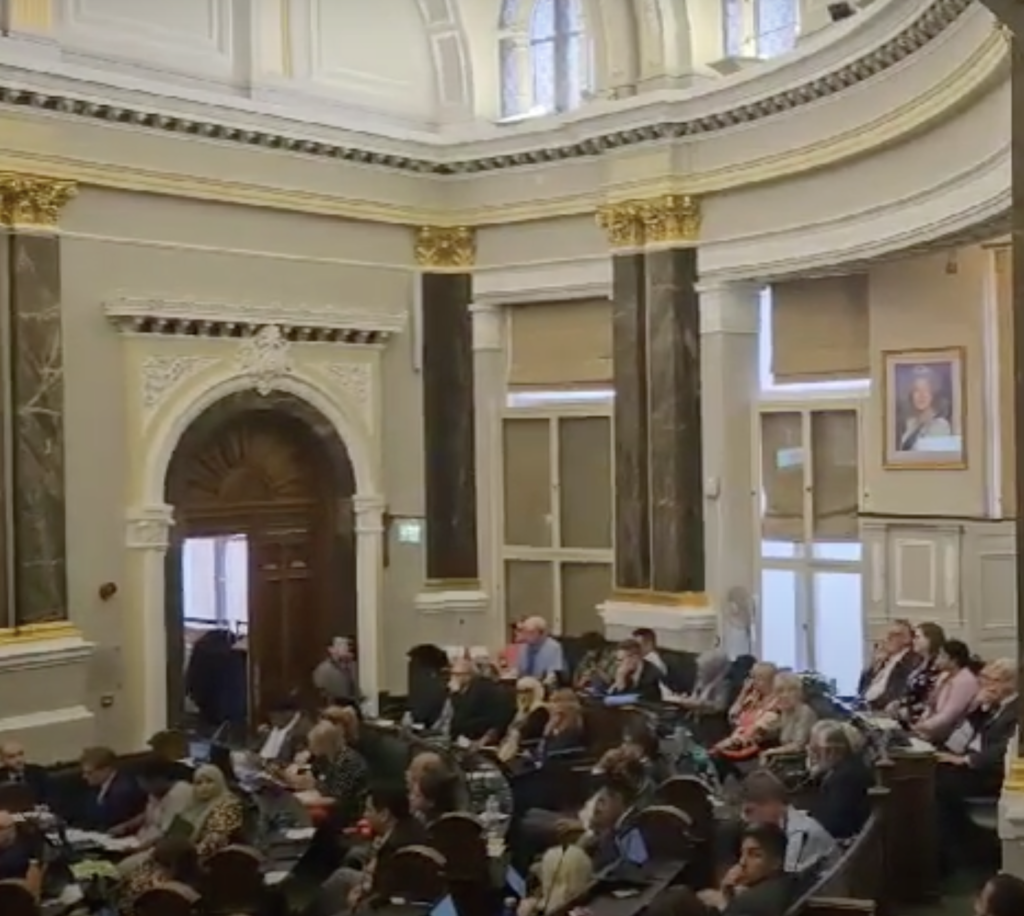
The Centre for Urban Wellbeing has as its mission to support interdisciplinary and community-engaged research informed by the best global evidence to address urban wellbeing inequalities. These inequalities are at risk of widening in the Centre’s home in Birmingham, England, where the local council effectively filed for bankruptcy on 5 September 2023. Factors driving the council’s financial challenges are complex and include £760 million outstanding in equal pay claims, a failed IT system costing up to £100 million, and cuts in funding from central government.
‘Bankrupt’ councils will inevitably face cuts to services, and this puts the wellbeing of the most vulnerable at risk. When hours are shortened at libraries and leisure centres, as examples, people from lower income groups will struggle. Visits to these warm spaces help to reduce people’s heating costs in the winter, and they provide a supportive space for people to participate in local projects. As Birmingham council considers how to recover, it should focus on what is used by those most in need, and with the most potential to prevent and address problems with health and wellbeing.
The situation in Birmingham will affect how it is able to deliver its ambitious plans to transform the city by 2040. There are already many major infrastructure projects being delivered across the city at pace. Historically, many of these were council funded projects. Financial challenges mean that different forms of partnerships will emerge and take priority. This includes partnerships with the voluntary and third sector, citizen innovation, and private businesses, including private property developers. Private developers can borrow money from financial institutions to invest in major infrastructure projects rather than relying on taxpayer funds.
Relying on private providers to deliver infrastructure projects has both potential risks and rewards. But community wellbeing inequalities will widen if the power of communities to meaningfully shape and participate in these projects is not protected. In the UK, councils can compel landowners to sell important properties for the purpose of regeneration. Architectural and historical places are protected from demolition but not necessarily good quality or new homes and places that matter for communities because they shape their character.
Last summer, I became aware of a major infrastructure project affecting my own home in Ladywood, Birmingham. I was surprised to learn from the news that my newly purchased and good quality home was at risk of demolition by a luxury developer under a “mass compulsory purchase”, along with that of around 2,000 of my neighbours. Upon being asked why good quality and new homes would be demolished, my local Councillor responded that it was “a wholesale regeneration of the area”. Housing density, environmental issues, and the ability of the council to afford to keep up council properties are all tradeoffs that need consideration and input from residents.
In Ladywood, community engagement is off to a bad start. Hundreds of residents were locked out of a meeting and their requests to meet with local representation have been repeatedly ignored. We have taken action by sharing information with each other through social media and meeting in churches, which are crucial mechanisms for enabling participation and ensuring pathways to participation and connectedness in communities. Information sharing in response to the inability or unwillingness of government to do so is a form of ‘patching’ whereby citizens mobilise to respond to ruptures in place-based infrastructure.
The Centre for Urban Wellbeing has been working to document and address urban wellbeing inequalities in Birmingham, and elsewhere, since its inception in 2020. We held a community map making event that asked residents what a strong community looks like for them, host a social prescribing, assets and relationships in communities (SPARC) network, supported a new emotionally-informed perspective to inform the current review of the English regulated housing sector, and have been holding policy masterclasses with charities and local government. As the consequences of Birminghmam’s new financial situation set in, such work is vital.
